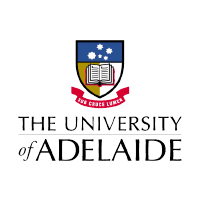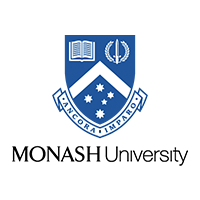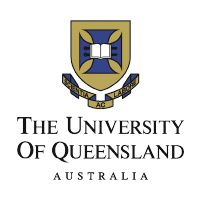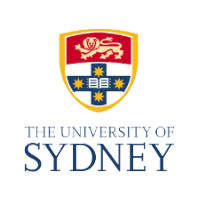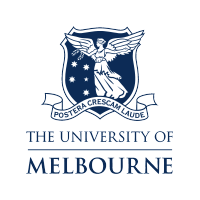Curriculum
Regression Modelling for Biostatistics 1 (RM1)
To enable students to apply methods based on linear and logistic regression models to biostatistical data analysis, with proper attention to underlying assumptions and a major emphasis on the practical interpretation and communication of results.
COORDINATORS:
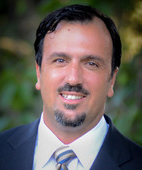


General outline
Prerequisites
Epidemiology, Mathematical Foundations for Biostatistics
Co-Requisites
Principles of Statistical Inference
Time commitment
8-12 hours total study time per week
Semester availability
Semester 1 & 2
Assessment
Three assignments worth 30%, 30% and 40%.
Prescribed Texts
Vittinghoff E, Glidden D, Shiboski S, McCulloch C. Regression Methods in Biostatistics: Linear, logistic, survival and repeated measures models. 2nd Edition. Springer Verlag 2012
Special Computer Requirements
Stata or R statistical softwareContent
This unit lays the foundation of biostatistical modelling to analyse data from randomised or observational studies. These skills are essential for biostatistics in practice and will be used by students for the remainder of their BCA studies. This unit will introduce the motivation for different regression analyses and how to choose an appropriate modelling strategy. This unit will teach how to use linear regression to analyse continuous outcomes and logistic regression for binary outcomes. Emphasis will be placed on interpretation of results and checking the model assumptions. Stata and R software will be used to apply the methods to real study datasets
Resources
Course notes, online mini-lecture videos, online tutorials, discussion board
Notes
Co-requisites may be taken before or concurrently.
Program coordinator approval is required for taking RM1 & EPI simultaneously.
